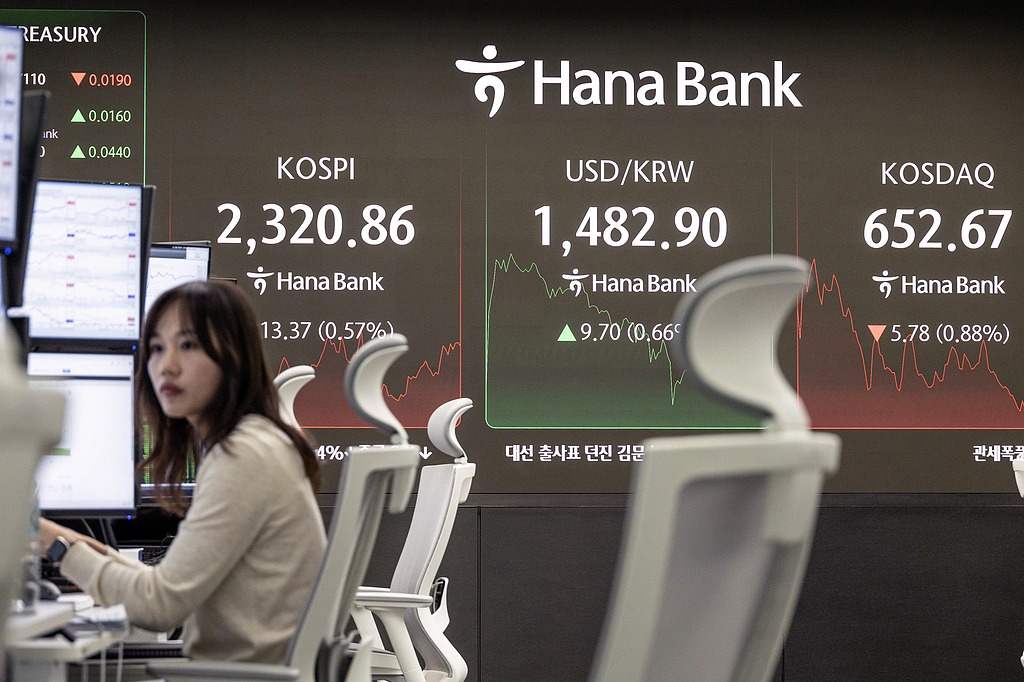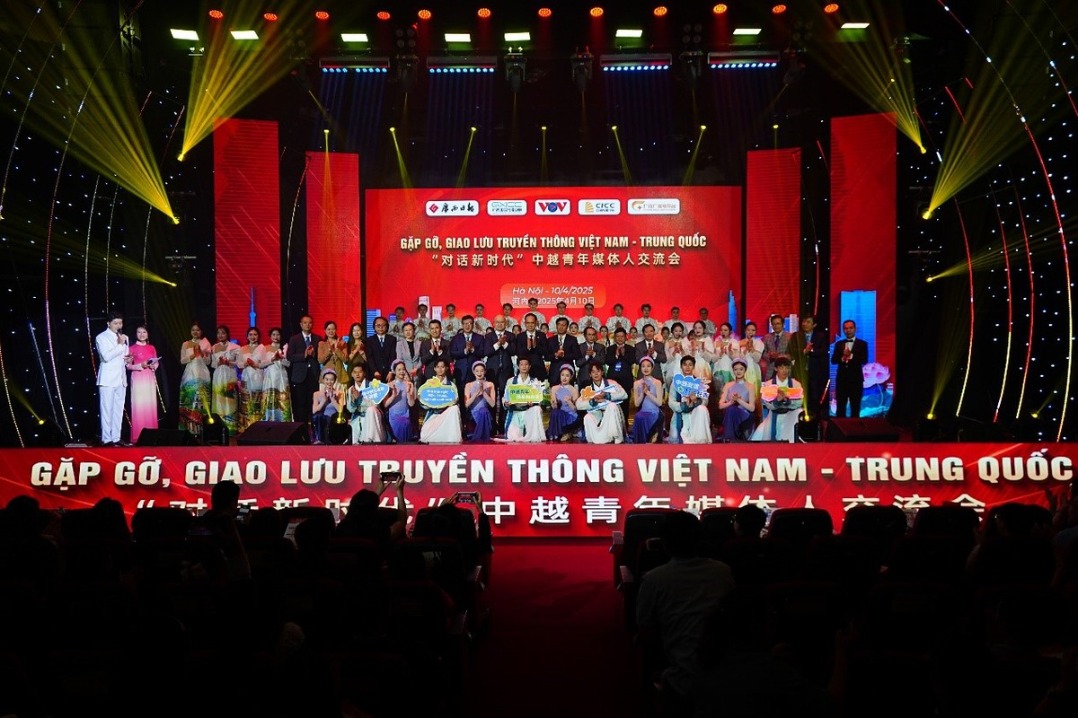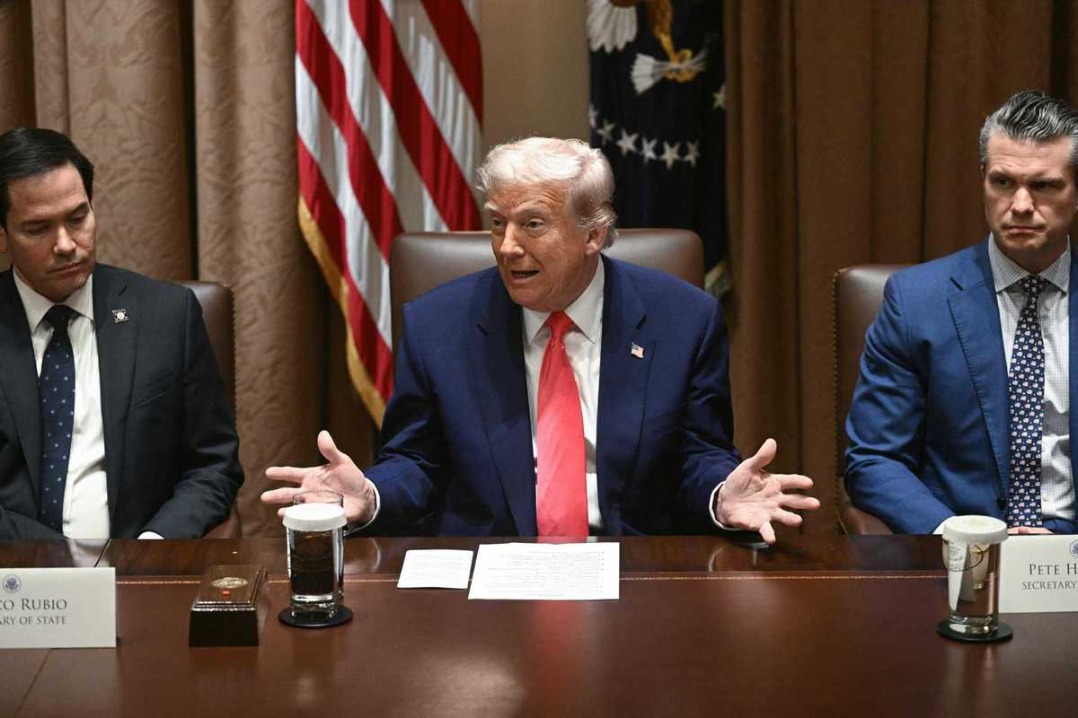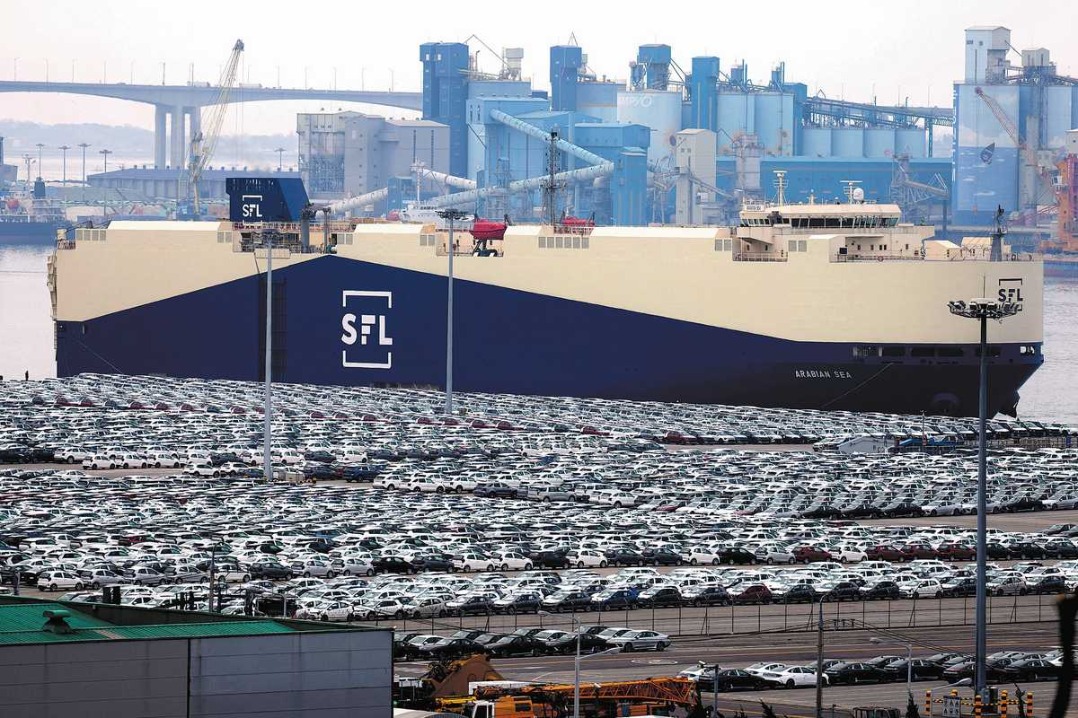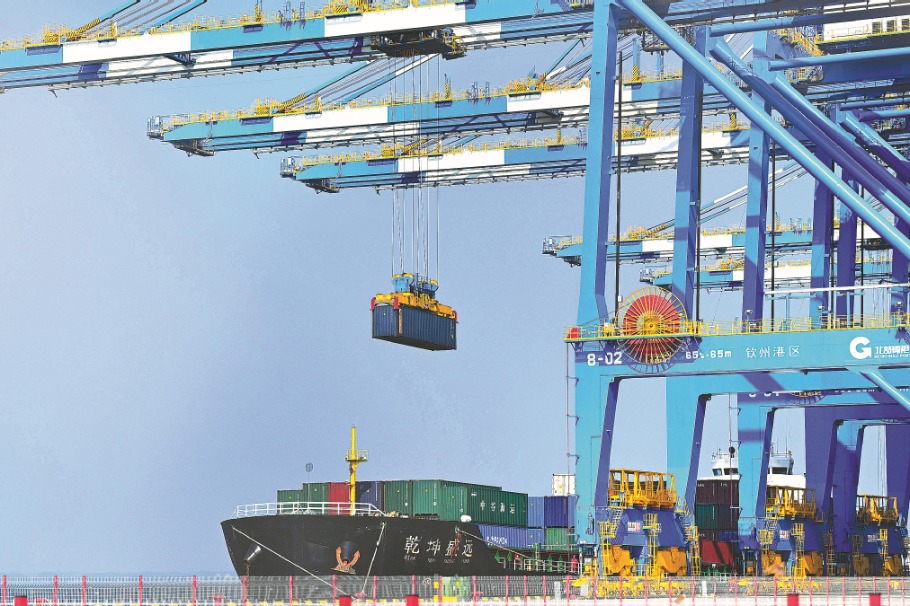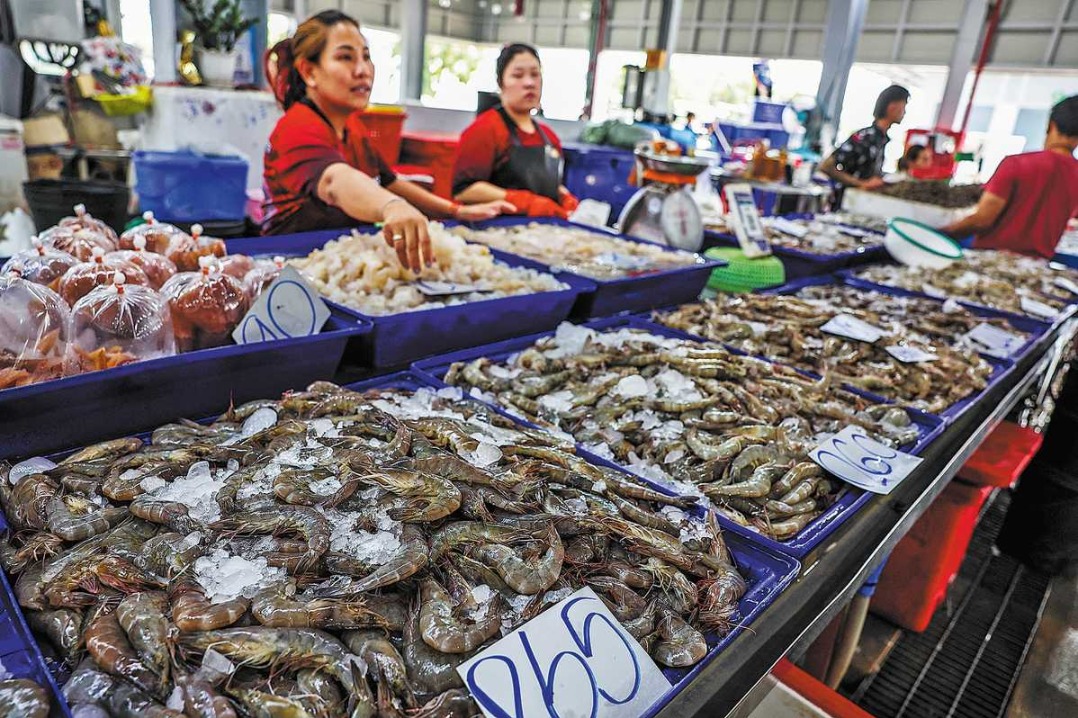Envoy eyes deepening partnership with China

With shared aspirations for economic progress, regional cooperation and global development, Indonesia and China are poised to further deepen their partnership in the years ahead, Indonesian Ambassador to China Djauhari Oratmangun said.
This year marks the 75th anniversary of diplomatic relations between the two countries. In a recent interview, Oratmangun described the milestone as a testament to a relationship built not only on economic interests, but also on mutual respect.
He emphasized the strategic significance of their comprehensive partnership, which is reflected in frequent high-level exchanges between leaders. Indonesian President Prabowo Subianto visited China twice last year — shortly after winning election and again following his inauguration.
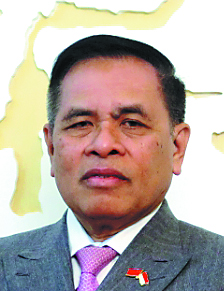
"Diplomacy is not just about building relations between nations. It should ensure that every form of cooperation brings real, tangible benefits to the people," Oratmangun said.
He said the bilateral relationship has been balanced, sustainable and mutually beneficial, yielding fruitful results, particularly under the Belt and Road Initiative.
A flagship BRI project, the Jakarta-Bandung High-Speed Railway, stands as "a tangible symbol of strategic cooperation" between the two nations, serving as a catalyst for economic growth, he said, adding that regions along the railway have evolved into key manufacturing and technology hubs, aligning with Indonesia's goal of building a value-added industrial economy.
China is Indonesia's largest trading partner, while Indonesia ranks as China's third-largest trading partner within the Association of Southeast Asian Nations and its second-largest investment destination in the region. Bilateral trade in goods surpassed $140 billion last year, marking a 6.1 percent year-on-year increase.
As China continues its modernization drive, this momentum will unlock even greater prospects for bilateral relations, paving the way for a stronger and more dynamic partnership between Jakarta and Beijing, he said.
"I do believe that China's deepening reform and opening-up is a reality we must engage with strategically. For Indonesia, this means expanding market access, securing high-value investment and ensuring technology transfers that will benefit our industries — particularly in renewable energy, electric vehicles and the digital economy. At the global level, Chinese modernization is reshaping economic and technological dynamics," he said.
Oratmangun said that Indonesia is not just a participant in China's overseas investment strategy, but also "an instrumental partner in ensuring that projects succeed, gain trust and inspire confidence in other countries — particularly within ASEAN".
"When something works in Indonesia, it sets an example. Success here has a high chance of being emulated across the region."
Amid rising global protectionism, Oratmangun underscored the significance of the Regional Comprehensive Economic Partnership in promoting inclusive economic integration. The agreement, which took effect in January 2022, covers approximately 30 percent of the world's population and GDP.
Through gradual tariff reductions, simplified rules of origin and investment facilitation, Oratmangun believes the RCEP will create opportunities for industrial upgrading, digital transformation and the growth of small and medium-sized enterprises while ensuring economic stability.
The top envoy also stressed that Indonesia supports China's global initiatives and has joined the Group of Friends of the Global Development Initiative, which aligns with Indonesia's commitment to strong, sustainable, balanced and inclusive growth.
In January, Indonesia became the first Southeast Asian nation to formally join BRICS. "We consider BRICS a platform where emerging economies like Indonesia, China and other member states can contribute to shaping a more balanced and inclusive international order," Oratmangun said.
Since his arrival in China in 2018, Oratmangun has witnessed firsthand the country's rapid progress in such areas as technological advancements and economic growth — developments that he said are not only shaping China's future, but also creating new opportunities for bilateral and global cooperation.
Reflecting on China's transformation, he highlighted the country's extraordinary pace and scale of development, even in challenging times.
"China has transitioned from a manufacturing-driven economy to one powered by high technology, artificial intelligence and digital finance — achievements that few nations have accomplished in such a short period," he added.
















